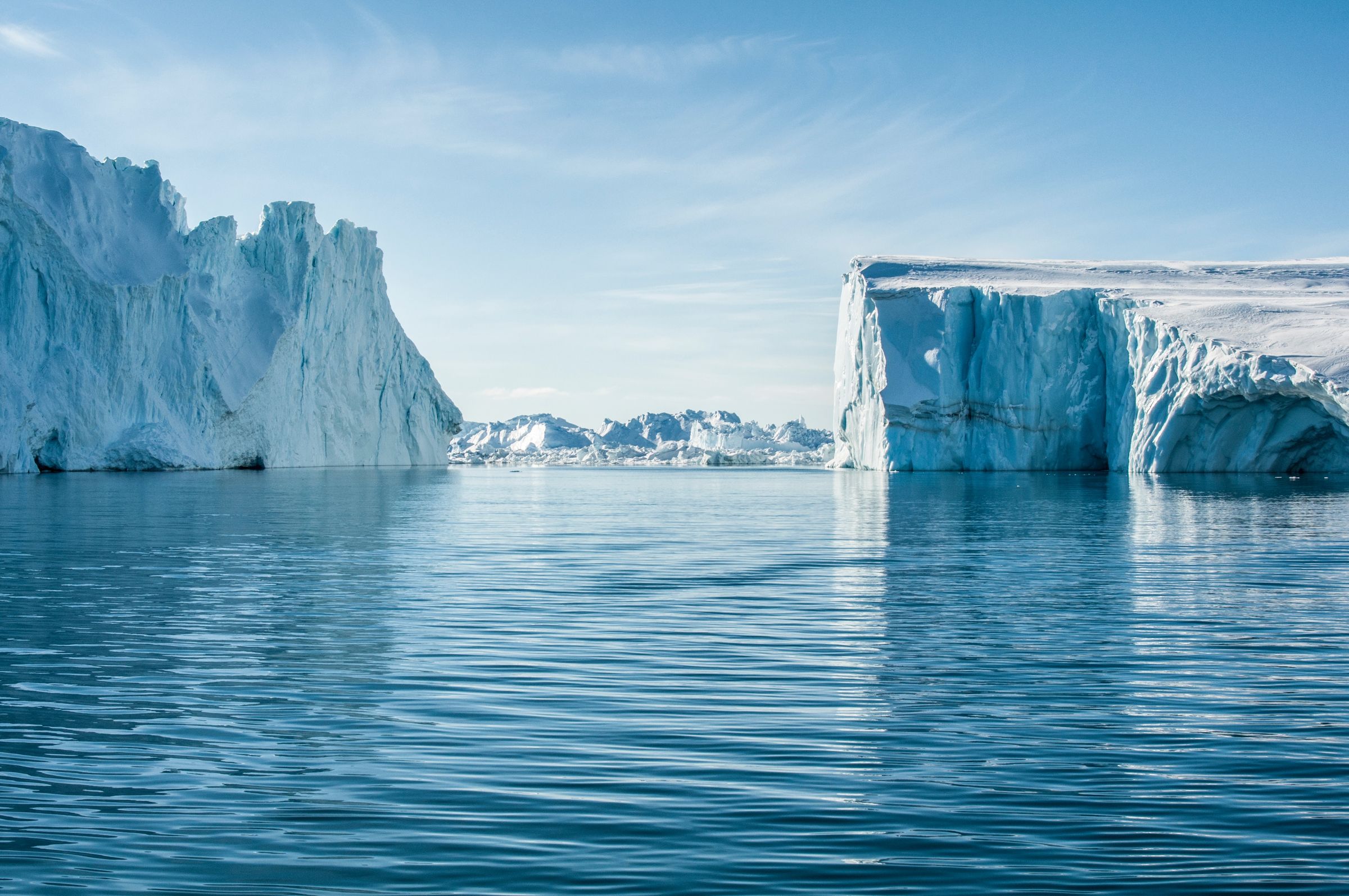Climate change, world politics, oil exploration, huge social challenges and an overcharged ecosystem. Join us in trying to understand the Greenlandic system. A country, vast in terms of land area, tiny in terms of population numbers. The cumulative effect of these trends makes Greenland an example for global sustainability challenges.
Melting ice results in melting societies. Recently climate change was added to the mixture of local and global trends Greenland finds itself in the midst of. Whereas modernization and globalization had a severe impact the last couple of decades, now climate change is bringing huge changes to Greenland’s social-ecological system. The importance to understand the system is huge; as many scholars did before, the Arctic Resilience Interim Report (May 2013) states:
I hereby invite you to join us in trying to understand the system called Greenland.
Fish, globalization, and suicide
Greenland depends heavily on its fisheries in both economic and socio-cultural respect. Climate change affects the fisheries in terms of shifting temperature zones and acidification, resulting in alterations all the way down the food chain. Combined with the effect of (global) overfishing, North Atlantic fish stocks are under high pressure, with declining quota and catches. The future perspective of fishermen is highly insecure and families no longer have a steady income.
Combined with the consequences of rapid industrial developments since the 1960’s, a wave of state-supported urbanization, and increasing transport- en communication possibilities, Greenland’s population faces increasing social pressure. Relatively high suicide rates – especially under youngsters – symbolize the Greenlandic search for a new social model. Creating a sustainable society in both ecological, economic and socio-cultural terms is the challenge that the Greenlandic government faces.
The curse of oil
People both hope and fear that the arrival of large foreign companies will launch a new social model. These companies are attracted by the potential of huge amounts of oil and minerals. The activities surrounding the exploration and exploitation might solve the fishermen’s question and bring local employment. That is, when accompanied by the right set of policies and legislation. Foreign companies also bring new people, ideas, concepts, cultures and influences. The economic, political, ecological and social impact of these developments will be significant.
From an ecological viewpoint it’s questionable whether Greenland should focus on oil, but also from economic perspective there are drawbacks to consider. Oil activities often occur in boom-and-bust cycles, eventually leaving the host country with nothing but a non-differentiated economy, exhausted natural resources, and in some cases an eroded system of taxation and accountability. The oil enables governments to by-pass taxation and the related pressure from tax-payers. From a social perspective the influx of foreign companies and people will be a challenge to accommodate.
Understanding Greenland
The Greenlandic situation is a complex system where different global trends clash in a tumultuous dynamic. Over-exploration of natural resources, climate change, economic uncertainty, ecological stress, socio-cultural challenges, and political upheaval all have their impact. Combined they form an intertwined complex system with a set of self-reinforcing and -undermining characteristics.
Finding the answers in these dynamic dilemmas begins with understanding the complexity of this system. We need to get a thorough apprehension of the interaction between ecological, economic, social, and political processes. We need to do our homework, get out there, map the system, and start forging a new understanding of these processes. Only then we will start seeing patterns and overlaps. Only then will we be able to start thinking about a solutions for specific problems.
Extrapolating melting ice
Another significant reason for understanding Greenland as a complex system is its role a prime case study for the overall global situation. Overexploitation of natural resources, climate change, economic uncertainty, ecological stress, socio-cultural challenges, and political upheaval are not confined to Greenland. It's not hard to list other countries that will face the combination of these trends.
These issues are developing globally with increasing speed and impact. Understanding Greenland and the Arctic is in our self-interest. Moreover, changes in the Arctic could have environmental, economic, social, and political impacts around the globe.
Let’s explore and understand the specific set of trends and changes occurring in Greenland, in order to start thinking about solutions for Greenland and beyond. The urgency is high, if only to learn to adapt to challenges in our own local context. We have a unique opportunity here, so let's move to make it happen.
June 14, 2013


